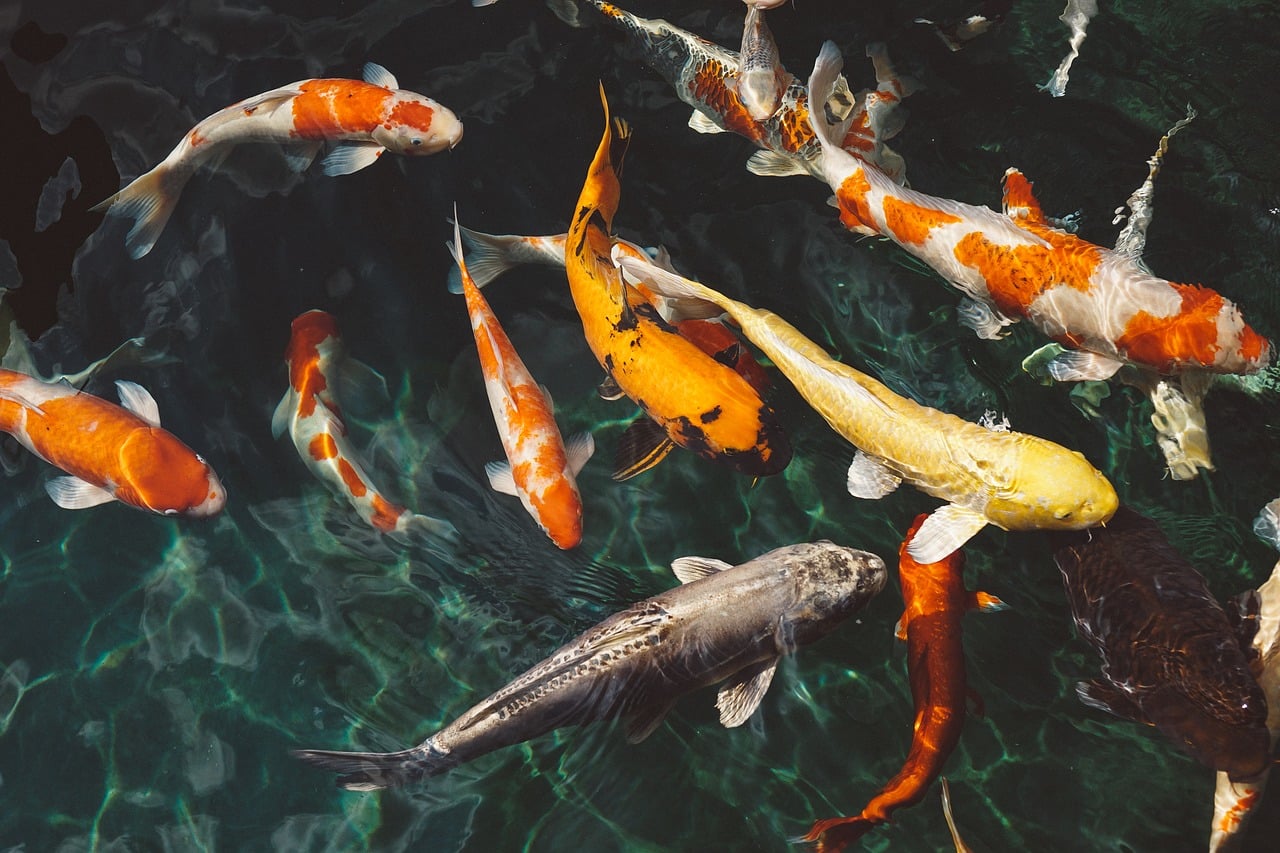Climate change is already known to threaten life around the world, but a new study suggests that it is endangering the marine world, finding that it’s killing Earth’s fish. Scientists said that fish populations are shrinking by up to 35 percent in the coastal areas near China and Japan.
The study about the global decline in Earth’s fish was published in the scientific journal Science. A team of scientists at Rutgers University in New Jersey studied the global ocean temperature maps and analyzed the changes in sustainable catches which were affected by the rising temperatures between 1930 and 2010.
The team was alarmed to learn that the rising temperatures affected fish life, killing Earth’s fish around the world. That said, if fish continue to decline around the world, it could threaten entire marine ecosystems, and more importantly, food supplies of millions of people. Seafood is an important resource for the food industry, as there are 56 million people around the world working in the fishing industry. Scientists tracked that climate change is killing Earth’s fish the most in Asia’s coastal regions such as the East China Sea as well as Japan’s Kuroshio Current.
“Ecosystems in East Asia have seen enormous declines in productivity. These areas have particularly rapid warming [and] also have historically high levels of overfishing,” lead researcher Chris Free, a quantitative ecologist at the University of California, Santa Barbara told CNN.
Another issue that adds to the climate change killing Earth’s fish is overfishing. If the largest fish are removed from the sea it affects the reproductive capacity of life in the ocean, which means fish are even more vulnerable to the impact of global warming. While many are affected by global warming, some species have managed to adjust and benefit from the temperature change. Scientists found that the black sea bass population around the U.S. East Coast increased, because other fish species were dying.
However, “climate winners cannot be winners forever,” Free warned. So if temperatures continue increasing, those species will eventually begin declining. Additionally, governments around the world have to take the necessary measures to stop overfishing.
There is another study published which stresses that not being able to achieve the goals set by the 2015 Paris climate agreement, which urges countries to reduce carbon emission to cut the pace of global warming, could jeopardize the lives of millions of people around the world.
“The largest gains will occur in developing country waters, such as Kiribati, the Maldives and Indonesia, which are at greatest risks due to warming temperatures and rely the most on fish for food security, incomes and employment,” lead researcher Rashid Sumaila, director of the University of British Columbia’s Fisheries Economics Research Unit said in a statement about the study.





